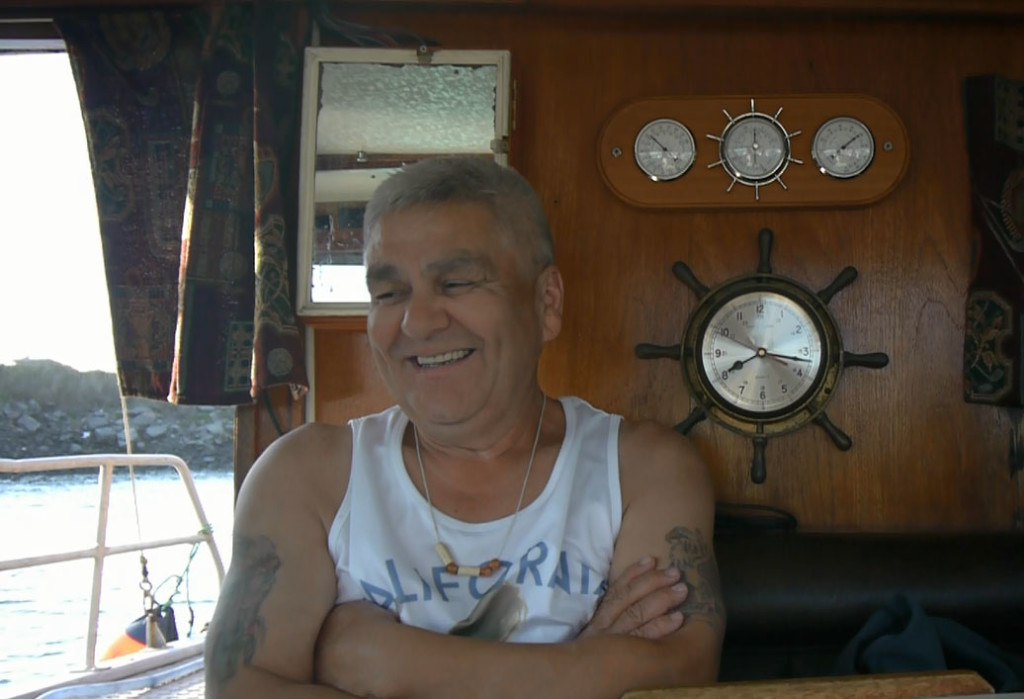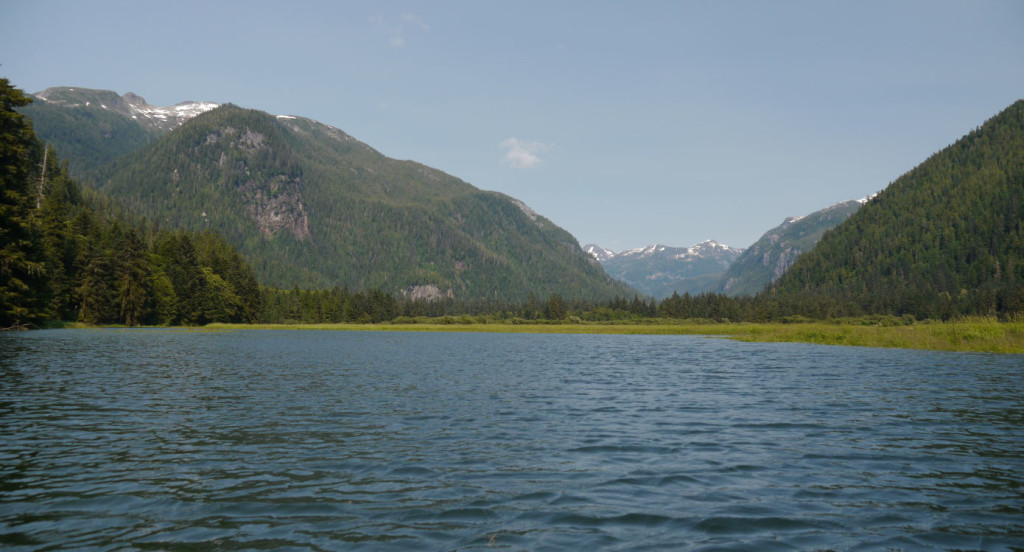news from Lax Kw’alaams…
Recently the Tsimshian community of Lax Kw’alaams (Port Simpson, north of Prince Rupert) made headlines by voting almost unanimously to reject a $1 billion offer from Petronas to develop an LNG facility on Lelu Island for the export of fracked gas from BC to asia. That was widely applauded. The development, in addition to enabling land and water destruction of Treaty 8 territories via fracking, would have destroyed vital salmon habitat in the Flora Banks, potentially crippling salmon stocks in the Skeena River, one of the most important salmon rivers in the world.
Of course any fracked gas development on the coast will be short lived, given the paucity of Canadian reserves next to the capacity of even one LNG facility. John Hughes, a prominent Canadian geologist, has estimated that Canada has about 10 years of gas reserves, for its own uses, and much less if they invest in export. What this means is that within 5 to 10 years, any gas pipeline that is built will be converted to the transport of tar sands oil, and all of the pipelines that are being laid are being built with this capacity for switching in mind.
I recently visited Lax Kw’alaams. In addition to a beautiful 4 day kayaking trip to the Khutzeymateen Grizzly Bear Sanctuary, I spent some time interviewing people in the community about the Petronas offer and potentials of oil and gas development. When i first stopped at the band council, i found that the band council employees have been ordered not to talk with anyone about it. The band council is still apparently in negotiation with Petronas through lawyers.
I wandered around the community and asked questions of others. It seems that there is a lot of tension around oil and gas development in the community, but what seems to be a majority opposed. Some people are upset at the lack on transparency from the band council. Apparently the head of the band council, Gary Reece, is not only trying to develop a new LNG proposal with Petronas, but has already negotiated the building of tug boats by a chinese firm to facilitate oil and gas export facilities in the territory. While any project approval is supposed to have a community vote, there are fears that he may try to sign a deal independently, replicating patterns in other First Nations communities through out Canada, where the government finds whomever it can get to sign papers of agreement and then declares the process legitimate in disregard of existing or traditional legal structures.
On a separate note, Eagle Spirit has also been flying members of the Lax Kw’alaams community down to Vancouver to wine and dine them and sell them on a separate tar sands oil processing facility on their territory. I found this surprising that there is a part of the community that wants oil development, given the potential devastation from such a project and the wide spread resistance to the idea up and down the coast.
This is not good news for the Skeena and the marine ecosystems in the region.
 Malcolm Sampson, whom i talked with there in Lax Kw’alaams, is a long time fisherman and a local hereditary chief. He has found that the band council has been generally pushing for oil and gas development and ignoring important issues of environmental impacts. He will be running in the October election for head of band council on a ‘no oil and gas’ platform, out of concern for fish and traditional ways of life.
Malcolm Sampson, whom i talked with there in Lax Kw’alaams, is a long time fisherman and a local hereditary chief. He has found that the band council has been generally pushing for oil and gas development and ignoring important issues of environmental impacts. He will be running in the October election for head of band council on a ‘no oil and gas’ platform, out of concern for fish and traditional ways of life.
